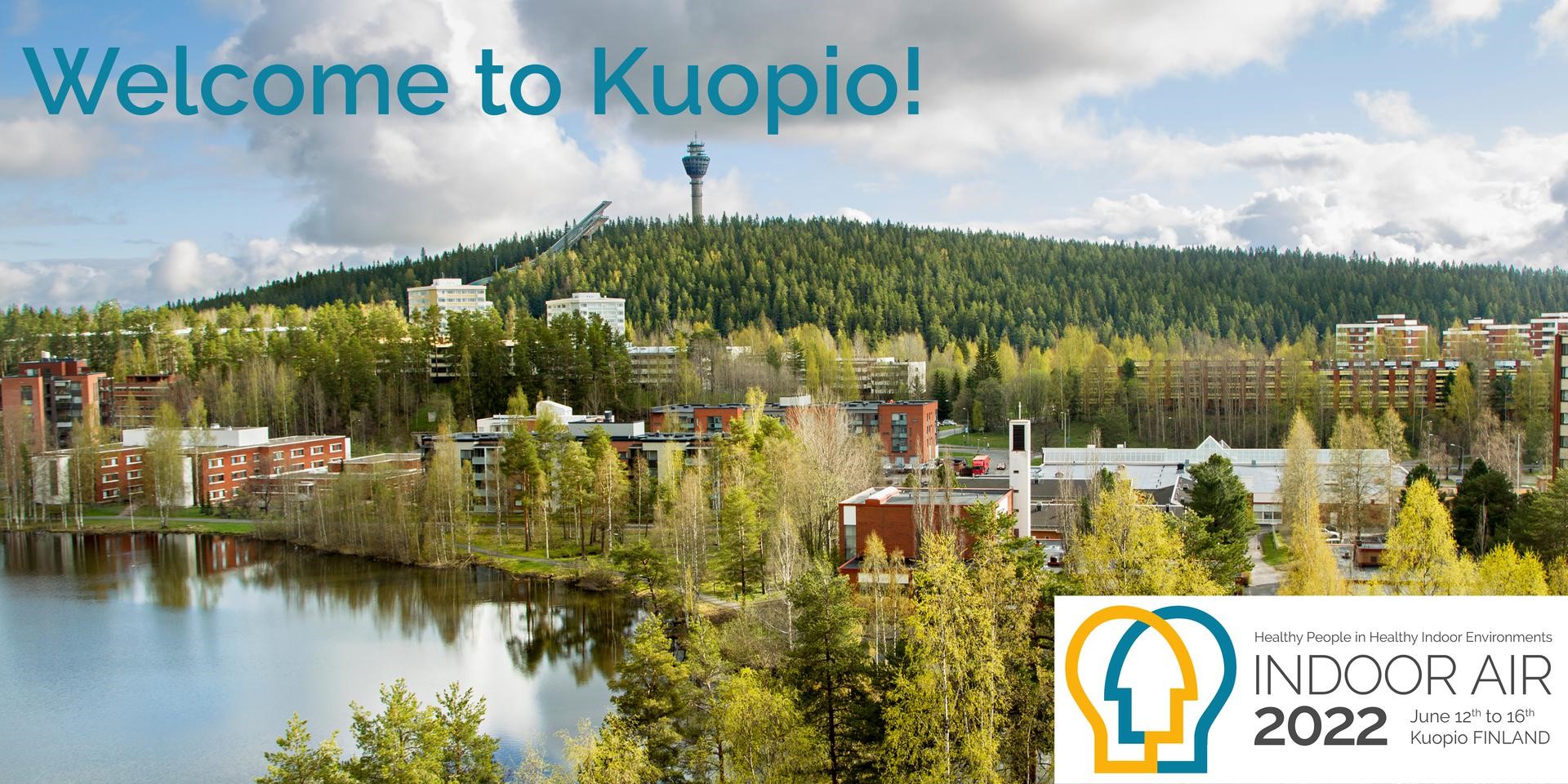REDPeAk Paper
Abstract: Despite its inherent importance in the timing and scheduling of activities, the effect of working time (and working patterns) on time-use patterns and associated energy consumption has received little attention. In this study, we conducted a systematic time-use analysis of the relationship between working time, scheduling of energy-relevant activities and the likely implications for energy consumption among the working population in the United Kingdom. We present a systematic time-use-based approach for estimating residential energy consumption with regards to activity timing, activity location, activity coordination, and appliance type. We use this strategy to discover patterns in residential activities and energy consumption, as well as the causal relationship between residential energy consumption and work patterns. Using time-diary data on six energy-relevant activities, we employed an econometric approach to investigate how time is allocated among people with varied work statuses. We then estimated likely total energy use at home after work by linking activities to appliance ownership and usage data. Using this information, we were able to calculate the correlation between work hours and energy use. In this study, we saw heterogeneity in the work-energy relationship, particularly when comparing full-time and part-time workers. In the case of regular work patterns full-time employees reduced their energy consumption more than part-time employees. We also found a non-linear change in overall energy use for respondents with varying levels of work time. Energy consumption reductions were greatest during the initial hours of work but levelled off over time. More research is needed to understand the differences in employment groups. This could help bridge the gap between micro- and macro-estimates of the work–time–energy relationship explored in previous studies. As a result, policymakers must pay close attention to time-use behaviours of different segments of the labour force. According to the findings of this study, taking time-use behaviours into consideration could aid in the creation of more focused, and hence more successful, climate mitigation measures. With this paper, we demonstrated to the research community that weekly work diaries are extremely useful when investigating work-hour arrangements. The combination of time-use diaries and weekly work diaries provides more information about the temporal organisation of paid work than aggregated working hour estimates, from the Labour Force Survey, for example. As a result, we believe that in order to achieve more accurate results, national time-use surveys should include separate weekly work diaries, which provide less biased estimates of the time spent on diverse activities.
Citation: Lőrincz, M. J., Ramírez-Mendiola, J. L., & Torriti, J. (2021). Impact of Time-Use Behaviour on Residential Energy Consumption in the United Kingdom. Energies, 14(19), 6286.
Lorincz, M. J., Ramirez-Mendiola, J. L. and Torriti, J. ORCID: https://orcid.org/0000-0003-0569-039X (2021) Impact of time[1]use behaviour on residential energy consumption in the United Kingdom. Energies, 14 (19). 6286. ISSN 1996-1073 doi: https://doi.org/10.3390/en14196286 Available at https://centaur.reading.ac.uk/100610/

